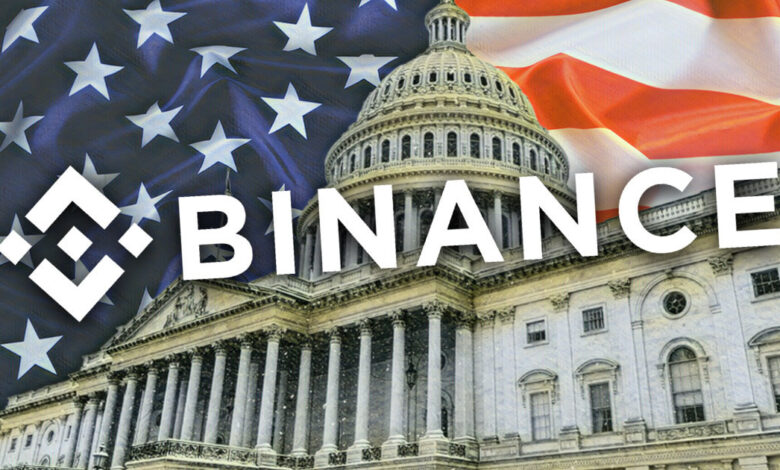Binance CEO CZ reveals copy of letter to US Senators – weeks before CFTC lawsuit

Binance released a copy of a letter sent to U.S. senators on March 16 detailing its transparency efforts, experience with regulators, and challenges of dealing with government.
Company CEO Changpeng Zhao (CZ) said the letter was sent to Senators Warren, Van Hollen, and Marshall and contained “lots of details.”
Earlier this month, Senators Warren, Van Hollen, and Marshall led a bipartisan call for Binance to answer questions about its finances, risk management practices, and regulatory compliance. The letter stated that the FTX scandal justified a closer look at crypto transparency and accountability.
“Binance and its related entities have purposefully evaded regulators, moved assets to criminals and sanctions evaders, and hidden basic financial information from its customers and the public.”
Binance responds
The March 16 letter — responding to the Senators — detailed information on the company’s compliance program, sanctions compliance, and cooperation and collaboration with law enforcement.
Binance said it was the first major non-U.S. exchange to implement a mandatory Know-Your-Customer (KYC) process for all users. Furthermore, the compliance team comprises over 750 staff, including specialists with prior law enforcement and regulatory agency experience.
In respect of sanctions compliance, the company pointed out its adherence to the sanction laws of several jurisdictions — including those of the U.S. Furthermore, processes are in place to prevent access by sanctioned users, including IP blocks against OFAC-sanctioned countries and the use of “advanced third-party tools” to screen and monitor users.
To date, the company has received 55,000 requests from law enforcement for help, and responses are usually sent within three days. Binance said its efforts in this area have led to the takedown and impediment of criminal enterprises.
Binance sued by CFTC
On March 27, the Commodities Futures Trading Commission (CFTC) sued Binance on allegations of commodities law violations.
The filing contained multiple accusations that included failure to register with the regulator, “soliciting” U.S. users, and comments on its opaque company structure.






